I’m tired of walking home with my keys between my fingers
When was the last time you felt safe walking home at night?
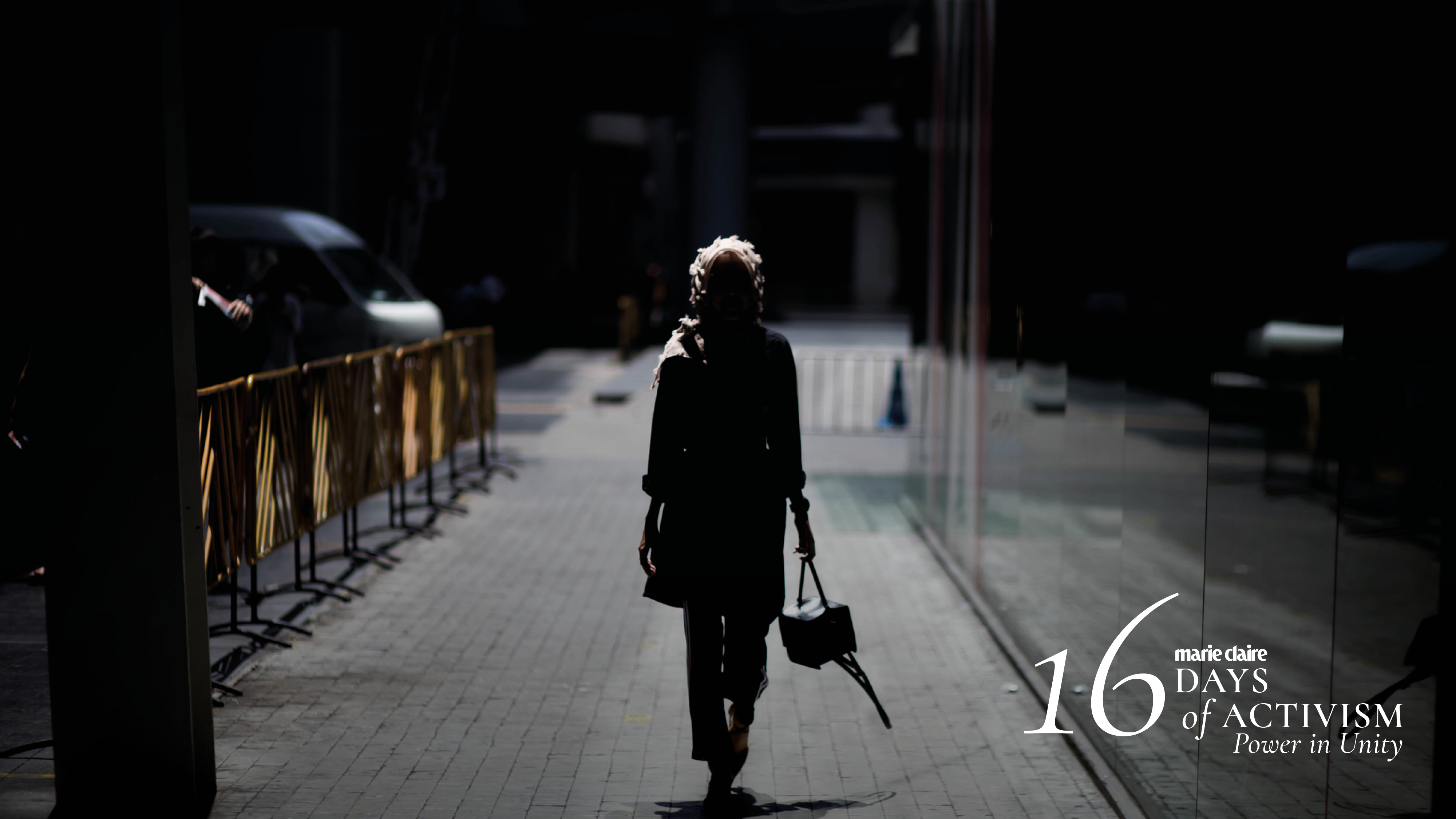

According to the latest Femicide Census, a woman is killed by a man every 2.7 days in the UK. Worldwide, Violence Against Women and Girls is on the rise and perpetrators are getting younger. For this year’s 16 Day of Activism Against Gender-Based Violence campaign, UN Women is calling on the public to help protect women and girls. The burden of safety does not sit solely with women, we’re all responsible for keeping our public spaces safe—there’s Power in Unity.
As a woman, I’ve lost track of how many times I’ve raced home, keys pressed between my fingers, my other hand poised to hit ‘call’ having pre-dialled 999 or my boyfriend. I’m not alone in my fear, according to crime statistics from ONS, people feel less safe walking alone after dark than during the day; with women feeling less safe than men in all settings after dark.
I’m not irrational for fearing my safety so intensely either, especially once the clocks go back and the window of light narrows. In the UK, there’s been a 37% increase in violent crimes against women and girls, according to the National Police Chiefs’ Council, which declared Violence Against Women and Girls a “national threat”.
Gender-based violence is an epidemic and women are rightfully concerned.
According to a 2021 UN Women report, over 70% of women in the UK say they’ve experienced sexual harassment in public.
Most of us know the feeling of walking home with our keys clamped between our fingers nervously glancing behind to see if anyone is following while simultaneously trying to look like we’re not nervous. “I feel like every time I walk home, I've got a man three steps behind me trying to get home in a rush, making me feel uncomfortable,” says Ellie Flynn, an investigative reporter whose undercover work has exposed sexual harassment on party islands like Magaluf as well as at home. She was followed into her hotel room by an unknown man after pretending to be drunk for her documentary Undercover: Sexual Harassment - The Truth, so Flynn knows all too well about the dangers of predatory behaviour and a culture that normalises sexism and misogyny.
With shorter days and longer nights, women are forced to take extra protection measures to stay safe when moving through public spaces. But it shouldn’t have to be that way.
Tabitha Morton, UN Women UK Executive Director
“We know that when women don’t feel safe, their movements are restricted” explains Tabitha Morton, UN Women UK Executive Director, adding; “With shorter days and longer nights, women are forced to take extra protection measures to stay safe when moving through public spaces. But it shouldn’t have to be that way.”
Morton’s comments about the ever-present fear of violence reminds me of the viral video “What would you do if all men disappeared for 24 hours?” Most of the answers weren’t grandiose, they didn’t involve elaborate plans or breaking into national landmarks. Instead, they overwhelmingly revealed how deeply and depressingly unsafe most women feel. “go on a night out and not have to worry about watching my drink every second” read one TikTok comment, another; “imagine being able to wear both airpods”.
Marie Claire Newsletter
Celebrity news, beauty, fashion advice, and fascinating features, delivered straight to your inbox!
Everyone should be able to walk home safely without the need for makeshift weapons or only listening to music in one ear, the other attuned to potential danger. Yet, at a time when sexist crimes are on the rise with 194,683 reported sexual offences (70,330 of which were rape) according to the most recent stats—and falling prosecution rates to boot—walking home without some escape plan or precaution doesn’t just feel naive, it feels almost dangerous.
Of course, it shouldn’t feel that way and even when we do follow all the ‘guidance’ and safety best practices, we can still run into trouble. Being a woman sometimes feels like a rigged game of Russian Roulette, some nights as I walk home I find myself worrying if tonight will be the night I draw the short straw and wondering what else I could possibly do to enhance my safety.
But we shouldn’t be encouraging women to enrol in self-defence classes and carry pepper spray and rape alarms, we should be teaching young men and boys to not hurt women. And—as the Right to Move campaign aims—we should be looking out for one another and calling out harassment when we see it.
Separated into three action points—Stop, Support, Report—Right to Move asks the public to share the responsibility of protecting and looking out for each other. It’s something I’ve seen women do, but rarely have I witnessed a man step up for a woman he doesn’t already know. I don’t think this comes from a lack of interest, I just suspect that as women, we are more attuned to potential danger — we have to be.
This campaign is an invitation to people of all genders to support women’s Right to Move
Tabitha Morton, UN Women UK Executive Director
Saoirse Ronan summed this up perfectly when she silenced Paul Mescal and Eddie Redmayn—her male co-guests on The Graham Norton Show—with a reminder of the mental load of constantly having to think about your safety. Discussing the prep for his new film, Redmayne explained he’d been learning self-defence from a specialist combat expert who instructed him to use his mobile as a weapon. Mescal piped in to say he’d never think to get his phone out if he was about to be attacked, asking, “Who is actually going to think about that?” to which Ronan replied, “That’s what girls have to think about all the time”, before adding “Am I right, ladies?”
Activist and founder of the feminist platform @cheeruplove, Eliza Hatch, summed this up perfectly: “I think this clip is a really good example of how you can have a room full of the most progressive, least problematic, least toxic, total “nice guy” men - and the lived experience of half the population is still the furthest thing from their minds...”
For too long gender-based violence has been seen as a women’s issue rather than a human rights issue, but a culture of sexism and misogyny is damaging for everyone. It’s in all of our interests to stamp out sexual harassment and gender-based crime — the only way to do that is together.
Stop. Support. Report is a good place to start.
How to help keep public spaces safe
- Stop and offer your help (focus on the person, not the perpetrator)
- Support the person to safety (check what would make them feel safe, walk them to the bus/train, call a taxi, wait with them until a friend arrives)
- Report it only if they want to (this could be by calling 999, Text British Transport Police on 61016 or to the security or management team of the event or space)

Mischa Anouk Smith is the News and Features Editor of Marie Claire UK.
From personal essays to purpose-driven stories, reported studies, and interviews with celebrities like Rosie Huntington-Whiteley and designers including Dries Van Noten, Mischa has been featured in publications such as Refinery29, Stylist and Dazed. Her work explores what it means to be a woman today and sits at the intersection of culture and style. In the spirit of eclecticism, she has also written about NFTs, mental health and the rise of AI bands.
-
 Prince Harry's "proud" words about wife Meghan Markle are going viral
Prince Harry's "proud" words about wife Meghan Markle are going viralBy Jenny Proudfoot
-
 Sources have opened up about Timothée Chalamet and Kylie Jenner's "intense" start to the year
Sources have opened up about Timothée Chalamet and Kylie Jenner's "intense" start to the yearBy Jenny Proudfoot
-
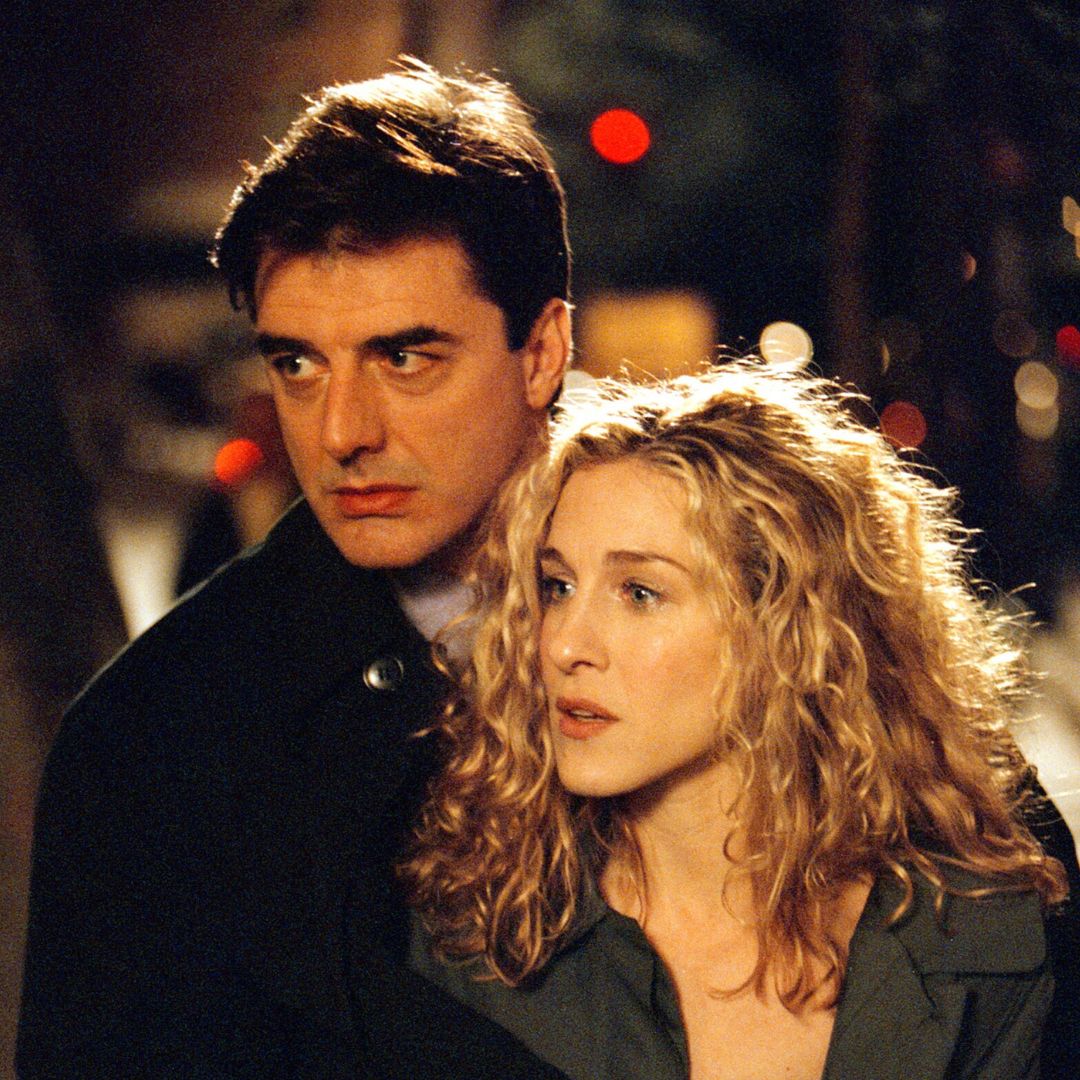 Two Hollywood actresses were offered the role of Carrie Bradshaw before Sarah Jessica Parker
Two Hollywood actresses were offered the role of Carrie Bradshaw before Sarah Jessica ParkerBy Jenny Proudfoot
-
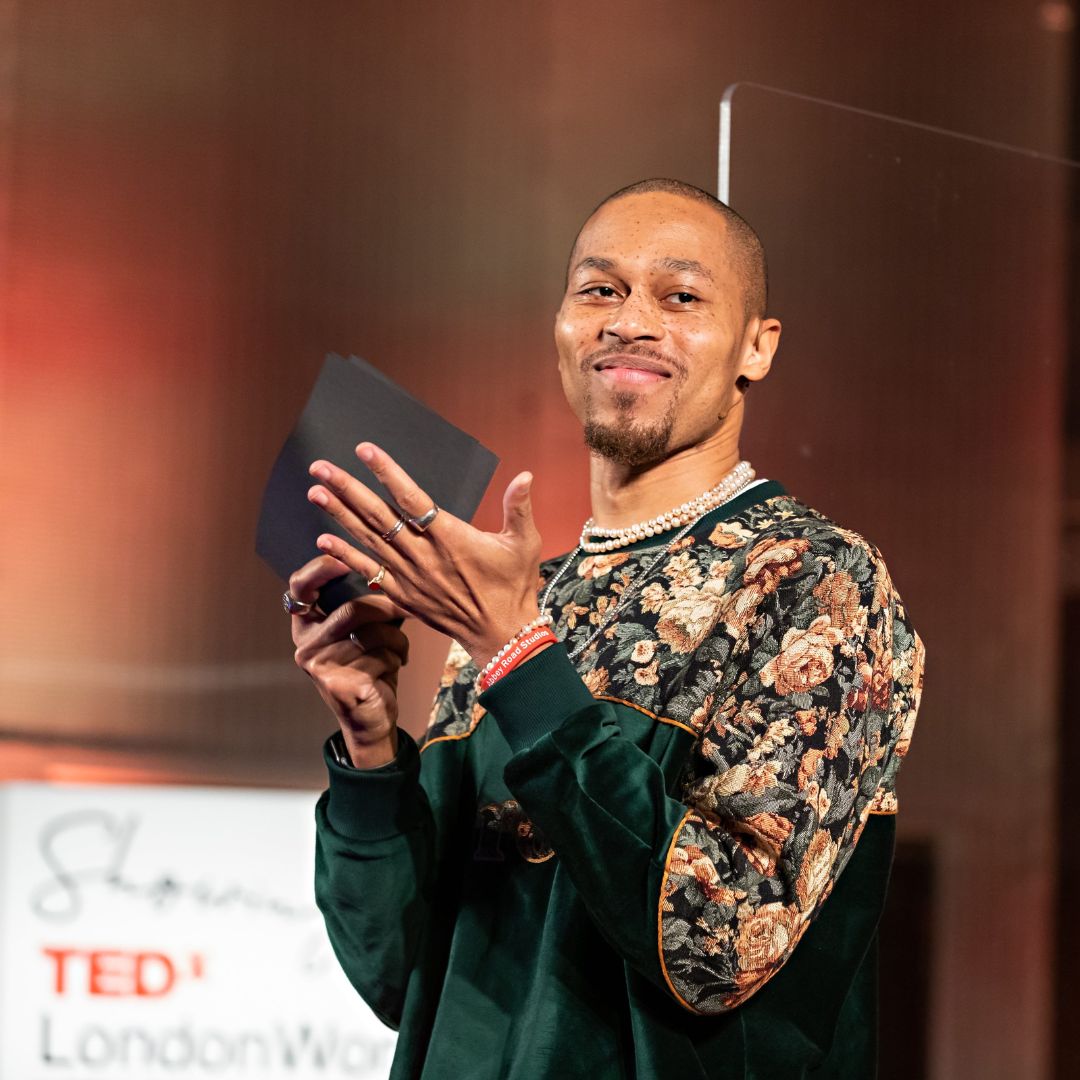 Why Women Need Male Allies: “If women and girls could solve gender-based violence, it would have been solved a long time ago”
Why Women Need Male Allies: “If women and girls could solve gender-based violence, it would have been solved a long time ago”Does the answer to ending violence against women and girls start with male allies and positive masculinity?
By Mischa Anouk Smith
-
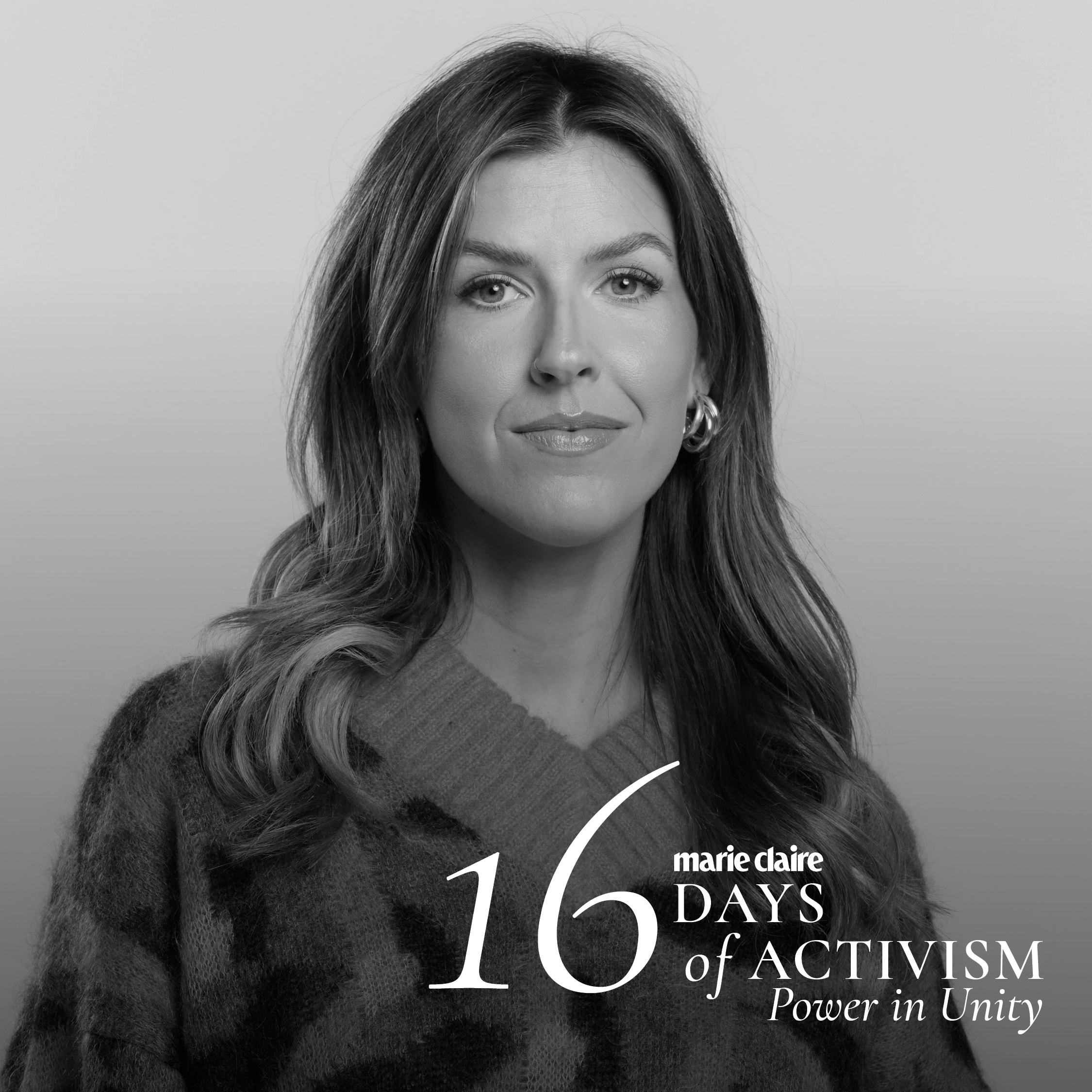 “I think it would take me being sexually assaulted on camera for them to believe it.”
“I think it would take me being sexually assaulted on camera for them to believe it.”Undercover reporter Ellie Flynn exposes sexual harassment on film—why do people still not believe it?
By Mischa Anouk Smith
-
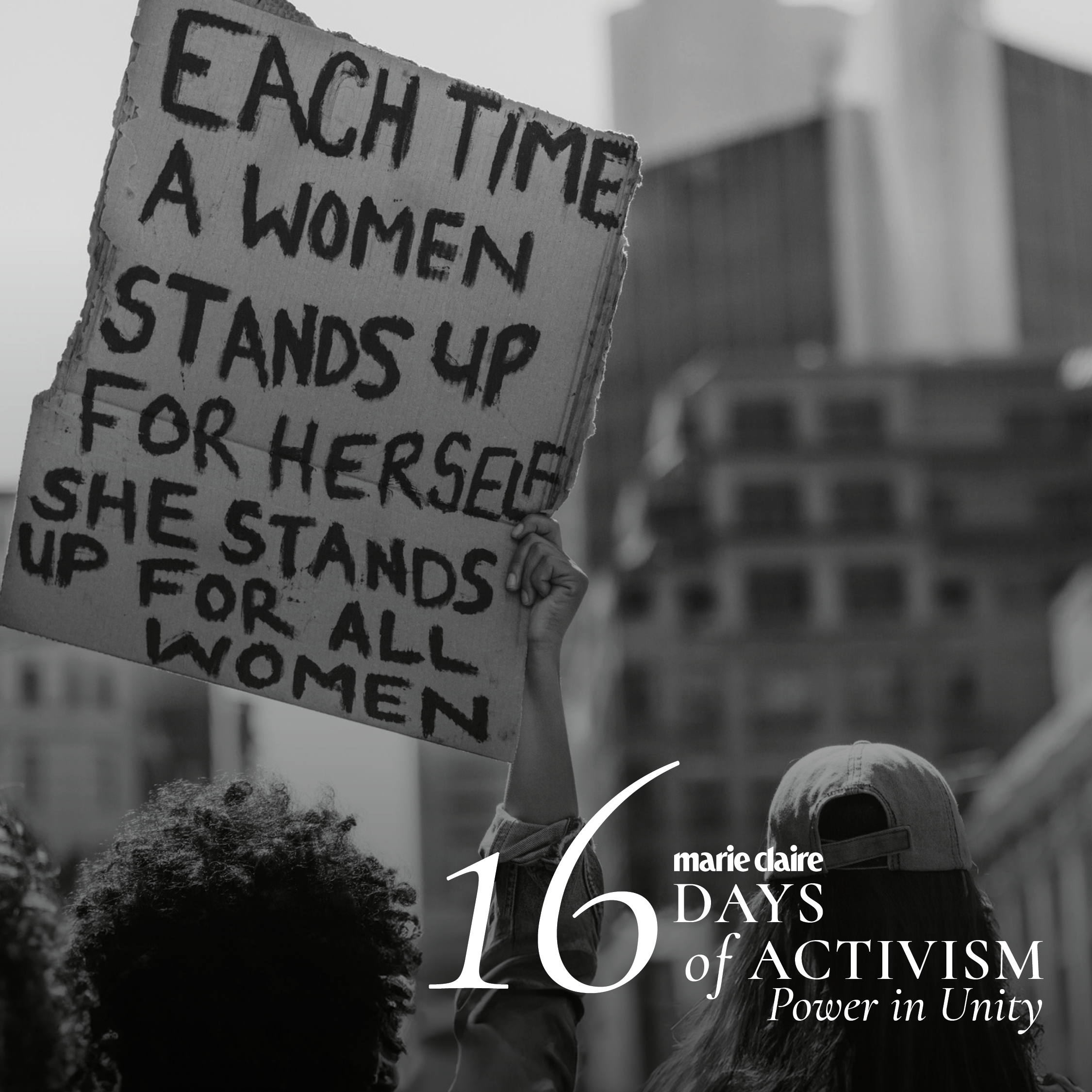 Conor McGregor is a stark reminder that even a guilty verdict won’t silence rape apologists
Conor McGregor is a stark reminder that even a guilty verdict won’t silence rape apologists“This case highlights just how gendered gendered-violence is” argues Chloe Laws
By Chloe Laws